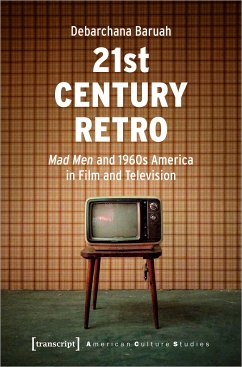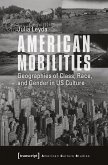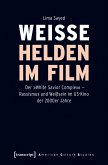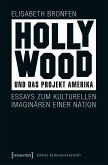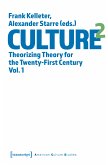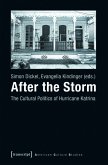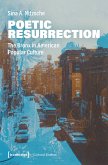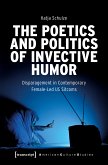Numerous contemporary televisual productions revisit the past but direct their energies towards history's non-events and anti-heroic subjectivities. Debarchana Baruah offers a vocabulary to discuss these, using Mad Men as a primary case study and supplementing the analysis with other examples from the US and around the world. She takes a fundamentally interdisciplinary approach to studying film and television, drawing from history, memory, and nostalgia discourses, and layering them with theories of intertextuality, paratexts, and actor-networks. The book's compositions style invites discussions from scholars of various fields, as well as those who are simply fans of history or of Mad Men.
Dieser Download kann aus rechtlichen Gründen nur mit Rechnungsadresse in A, B, BG, CY, CZ, D, DK, EW, E, FIN, F, GR, HR, H, IRL, I, LT, L, LR, M, NL, PL, P, R, S, SLO, SK ausgeliefert werden.

